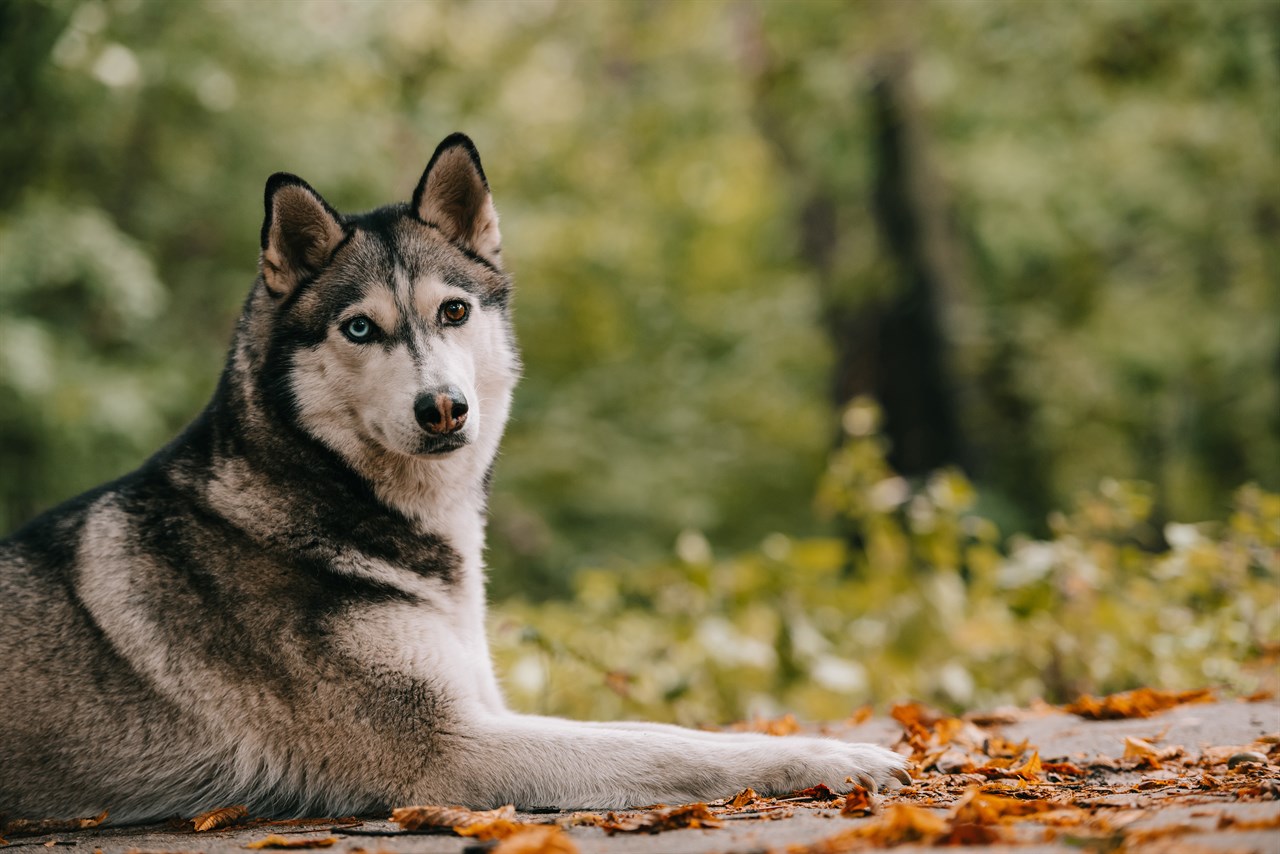Siberian Husky Barking Habits

Siberian Huskies are known for their distinctive vocalisations and communicative tendencies. Understanding their barking habits and vocal nature is essential for Husky owners. Here's an overview of the barking habits of Siberian Huskies and answers to common questions regarding their vocalisation.
Barking Frequency
Siberian Huskies are not typically known as heavy barkers like some other breeds, such as Beagles or Terriers. However, this does not mean they are silent dogs. Instead, Huskies have a diverse range of vocalisations, which may include barking, howling, and "talking" or "yelling." They are more inclined to express themselves vocally compared to breeds that primarily communicate through barking.
Why Are Huskies So Noisy?
Huskies are noisy dogs due to their history as sled dogs in Arctic environments and their close-knit relationship with humans. They have developed vocalisations to communicate with their owners and fellow sled team members over long distances and through challenging conditions. This natural inclination for vocal communication is deeply ingrained in their genetics.
Why Do Huskies Yell Instead of Bark?
Huskies have a distinctive "yelling" or "talking" behaviour that sets them apart from breeds that primarily bark. This behaviour is thought to be a result of their historical role as sled dogs. The "yelling" is a form of communication that is more audible and carries better across snowy expanses than traditional barking. It allows them to convey their needs, signal their presence, and coordinate with their team members in a way that is more effective in their working environment.
Can a Husky Be Quiet?
While Siberian Huskies are naturally vocal, they can be trained to be quieter, especially in indoor settings. Here are some tips to manage and reduce your Husky's vocalisation:
- Training: Use positive reinforcement training to teach your Husky "quiet" or "enough" commands. Reward them when they stop vocalising on cue.
- Exercise: Ensure your Husky receives sufficient exercise and mental stimulation to reduce pent-up energy, which can lead to excessive vocalisation.
- Socialisation: Proper socialisation can help reduce anxiety and fear-related vocalisations. Expose your Husky to various people, animals, and environments to build their confidence.
- Address Underlying Issues: Sometimes, excessive vocalisation can be a sign of underlying health issues or anxiety. Consult with a veterinarian or a professional dog trainer if you suspect a problem.
- Provide Entertainment: Offer toys, puzzles, and activities to keep your Husky engaged and mentally stimulated, reducing the need for vocalisation out of boredom.
In conclusion, Siberian Huskies are known for their vocal nature, which includes barking, howling, and "talking." While they may be naturally noisy, with proper training, socialisation, and attention to their needs, Huskies can adapt to living in a quieter environment when necessary. Understanding their unique vocalisation habits is key to a harmonious relationship with this remarkable breed.
Siberian Husky puppies for sale
- Find Siberian Husky puppies for sale in ACT
- Find Siberian Husky puppies for sale in NSW
- Find Siberian Husky puppies for sale in NT
- Find Siberian Husky puppies for sale in QLD
- Find Siberian Husky puppies for sale in SA
- Find Siberian Husky puppies for sale in TAS
- Find Siberian Husky puppies for sale in VIC
- Find Siberian Husky puppies for sale in WA